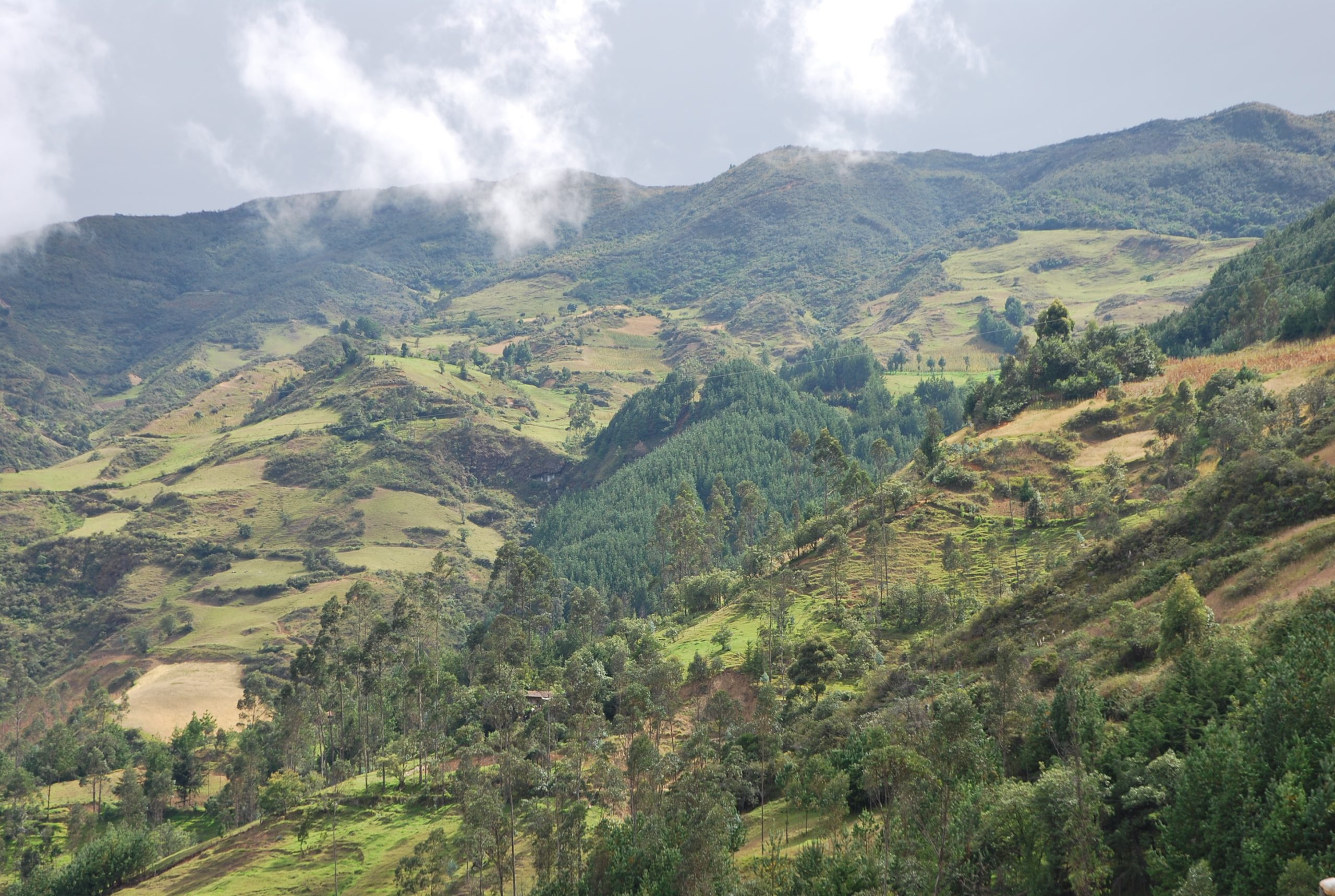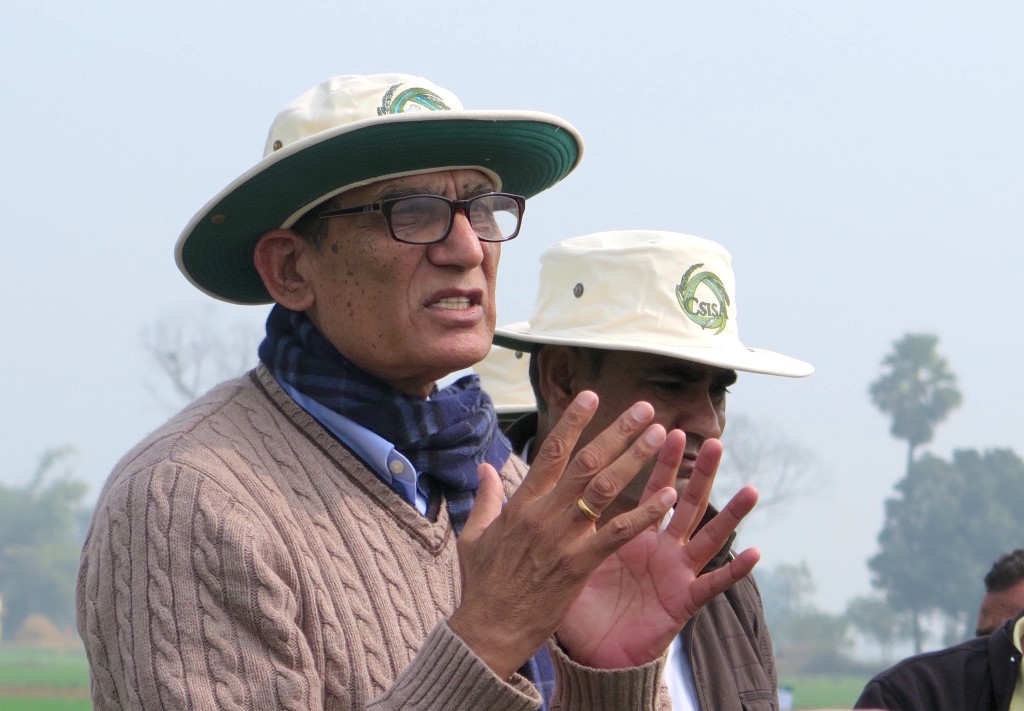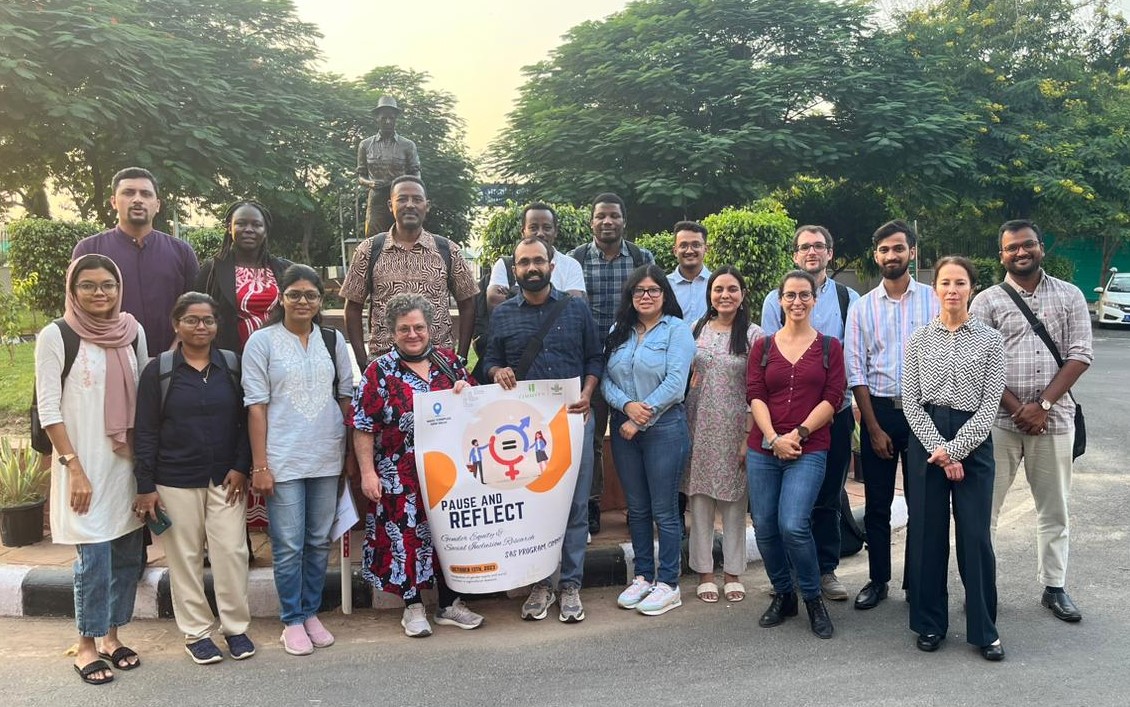
“As we look towards 2030, CIMMYT is focused on building inclusive value chains, advancing mechanization, and confronting seed system challenges. We are championing demand-driven technologies and improved agricultural needs,” said Sieglinde Snapp, program director of CIMMYT’s Sustainable Agrifood Systems (SAS) program, highlighting during the discussions the importance of integrating gender perspectives in research. “We are committed to integrating gender perspectives in all these initiatives, recognizing the vital role of women in agriculture and ensuring equitable access to resources and opportunities for all genders,” she added.
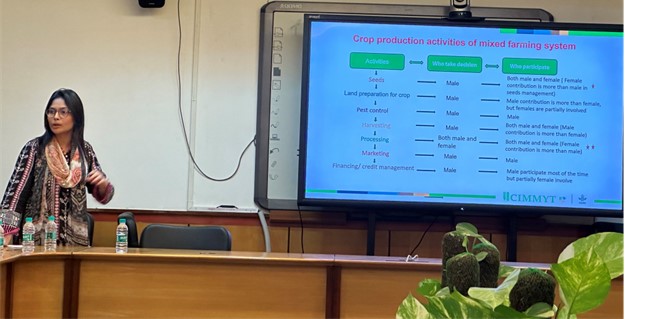
The one-day meeting on October 13, 2023, in New Delhi, India, hosted under CIMMYT’s SAS program, brought together diverse groups of participants—totaling over ten senior gender researchers working in Africa, Asia, and Latin America, namely Sieg Snapp, Vijesh Krishna, Moti Jaleta, Michael Euler, Angela Meentzen, Monica Fisher—along with a cadre of junior and senior researchers and students collaborating with CIMMYT on gender research. The coming together of these GESI researchers provided a valuable opportunity for collaboration, sharing insights, and strategizing enhanced gender and socially inclusive research-for-development approaches within CIMMYT’s programs.
Monica Fisher, a senior researcher working in Africa, emphasized CIMMYT’s dedication to making gender equality and social inclusion more visible and relevant in agriculture globally. She said, “The significance of GESI research, particularly in bridging the gap between the Global South and the Global North, cannot be overstated. Our objective is to deepen our engagement in these areas.”
The day-long meeting covered various topics, including the dynamics of technology adoption, gender roles in agriculture, and the feminization of Indian agriculture. Discussions underscored the need for increased financial support for GESI research, the importance of addressing disparities in research focus, and the crucial role of intersectionality in agricultural contexts.
A notable segment of the meeting was dedicated to presentations by students on their ongoing research in gender-related topics. These young researchers brought fresh perspectives and innovative ideas, highlighting the evolving nature of gender roles in agriculture and the impact of technology on gender dynamics in various regions. Their contributions underscored the importance of fostering a new generation of researchers committed to gender equity and social inclusion in agricultural development. Hari Krishnan K. S., a student working with CIMMYT opined, “My study, supervised by CIMMYT’s gender researchers, revealed that the concept of masculinities transcends gender, focusing instead on effective farming practices. It highlighted the diverse influences on agricultural decision-making and the varied reactions to technology adoption in Punjab’s agriculture. This reflects the critical role of CIMMYT’s gender-focused research in shaping my approach and understanding as a student in this field.”
Contributing his perspective, Vijesh Krishna, lead researcher working in India, highlighted the need for innovation in research approach. According to him, “To revolutionize GESI research, a shift towards longitudinal data analysis and cross-country data utilization is needed. Building evidence and documenting changes in gender dynamics due to policy and social transformations are essential.” He further encouraged the fostering of in-house capacities to mainstream gender considerations across disciplines, enhancing collaboration, and developing skills for the effective communication of research findings to stakeholders.
Snapp believes that the meeting was not just a gathering of minds but a milestone in CIMMYT’s ongoing journey towards agrifood systems development. “It reaffirms the organization’s commitment to impactful research that acknowledges and addresses the nuances of gender and social dynamics in agriculture, paving the way for a more inclusive and sustainable future in the sector.”
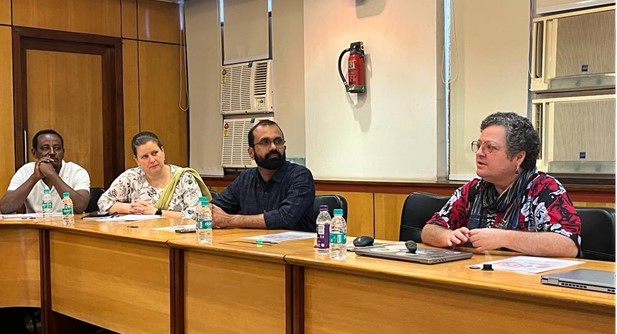
As the meeting concluded, Snapp spoke of the resolve to make GESI efforts urgent and relevant. She proposed three initiatives: firstly, renaming the SAS gender team the “Paula Kantor Gender and Development Centre” to reflect a broader scope and purpose; secondly, establishing a mentorship program to offer career guidance, networking opportunities, and professional development support; and finally, the introduction of a prestigious “Research Excellence in the Field” award in Paula Kantor’s honor.
“These initiatives aim to enhance the impact and recognition of the organization’s gender-focused efforts, promote professional growth, and honor excellence in the field, embodying CIMMYT’s commitment to gender-focused efforts,” she explained.
The meeting minutes are available here.
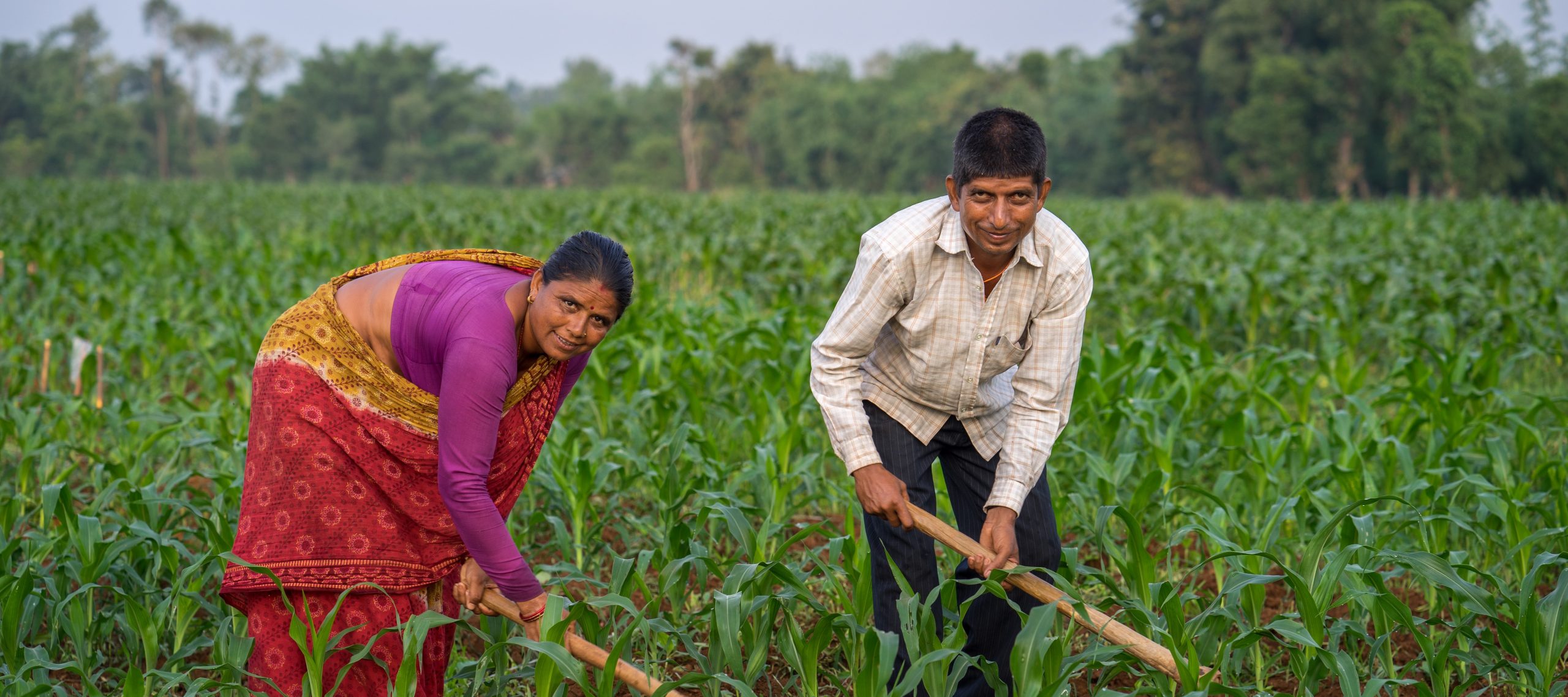
 Gender equality, youth and social inclusion
Gender equality, youth and social inclusion 